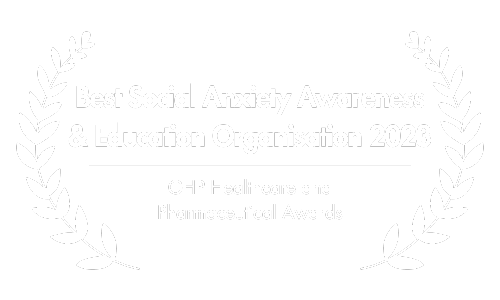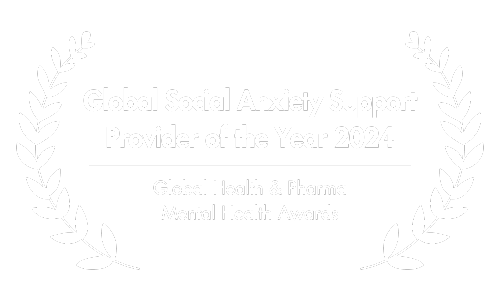Together We Heal: A Complete Guide to Group Therapy for Social Anxiety
Social anxiety disorder is more than just shyness or occasional nervousness in social situations.
It’s a condition that can severely impair an individual’s ability to interact with others, often leading to a cycle of isolation and worsening mental health.

With the prevalence of social anxiety on the rise, finding effective treatment options has never been more crucial.
One such option that has garnered attention for its efficacy is group therapy.
While many people are familiar with individual therapy sessions, group therapy offers a unique set of benefits and challenges that can be particularly suited for treating social anxiety.
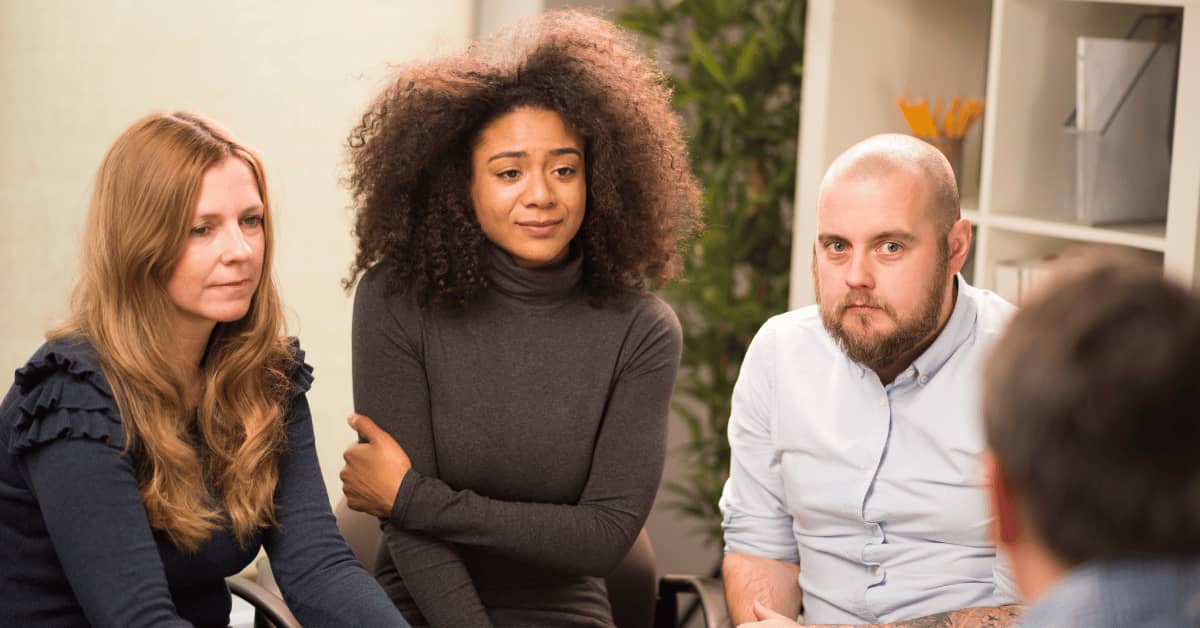
This article aims to provide a comprehensive overview of group therapy as a treatment for social anxiety, exploring its various approaches, scientific backing, and practical considerations like duration, frequency, and insurance coverage.
Whether you’re considering group therapy as a stand-alone treatment or as an adjunct to individual therapy, this article will equip you with the knowledge you need to make an informed decision.
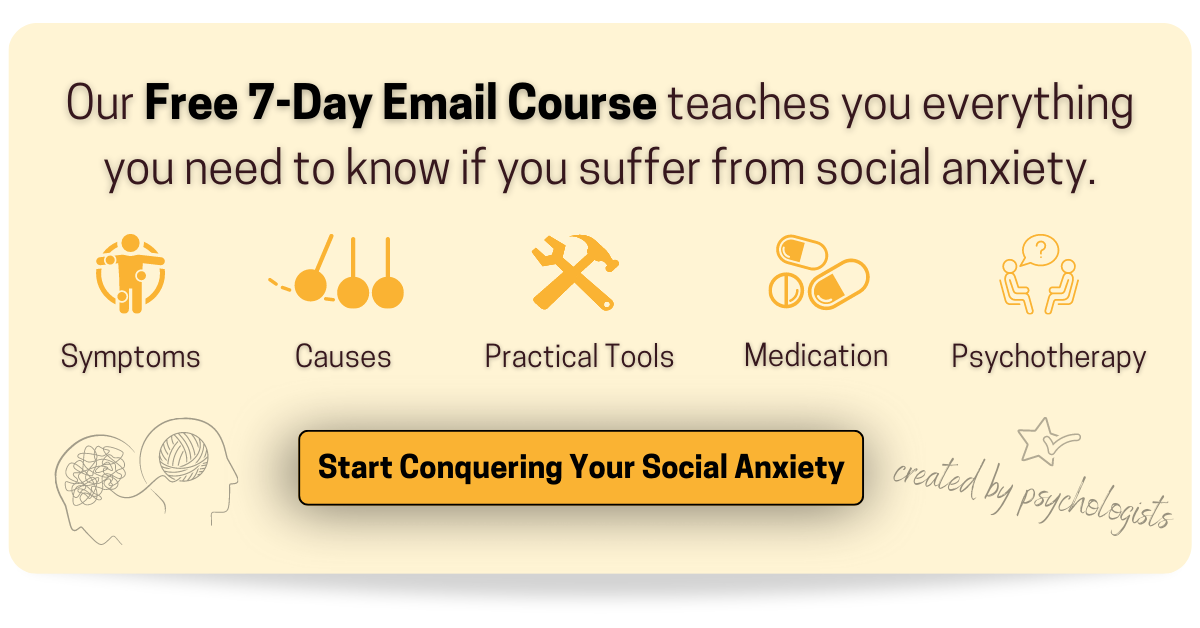
A. What is Social Anxiety?
Social anxiety disorder, also known as social phobia, is a mental health condition characterized by an intense fear of social situations (American Psychiatric Association, 2013).
This fear often leads to avoidance behavior, limiting one’s ability to engage in everyday activities like work, school, or even casual social gatherings.

The symptoms can range from mild to severe and may include:
- Excessive self-consciousness in social settings
- Intense worry about upcoming social events, sometimes weeks in advance
- Avoidance of social situations to the extent that it interferes with daily life
- Physical symptoms like sweating, trembling, or nausea when faced with social interaction
- Difficulty making eye contact, initiating conversations, or speaking in public
The impact of social anxiety can be profound, affecting not only one’s social life but also career opportunities and overall well-being.
It is estimated that approximately 12% of the population is affected by social anxiety disorder at some point in their lives (Kessler et al., 2005), with the numbers having risen as high as 36% among 16- to 29-year-olds (Jeffries & Ungar, 2020).

Given its prevalence and the limitations it imposes on those who suffer from it, effective treatment options are essential.
One very promising option is group therapy. Let’s dive in.
B. What is Group Therapy?
Group therapy is a form of psychotherapy that involves one or more therapists working with several individuals at the same time.
Unlike individual therapy, where the focus is solely on the patient-therapist relationship, group therapy offers a broader social context, providing opportunities for interpersonal learning and support.
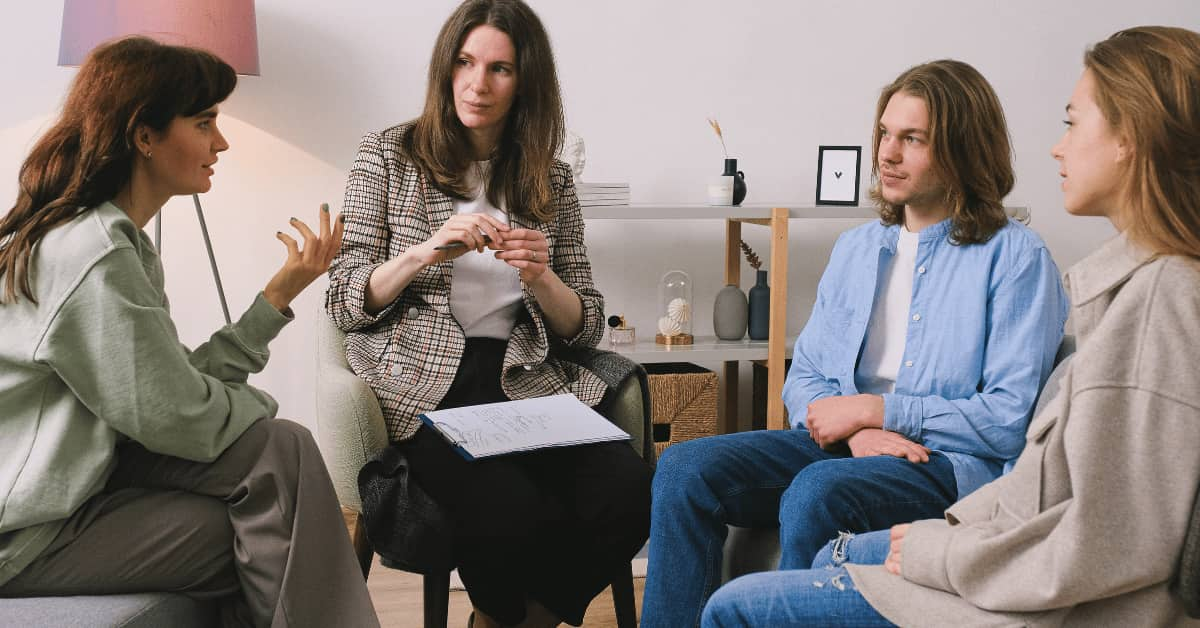
Types of Group Therapy Approaches
While Cognitive Behavioral Therapy (CBT) is the most commonly used approach in group therapy for treating social anxiety, it’s important to note that there are various other methods as well. Some of these include:
- Psychodynamic Group Therapy: Focuses on unconscious processes and aims to improve interpersonal relationships.
- Social Skills Training: Designed to teach individuals the skills they need for more effective social interactions.
- Group Exposure Therapy: Involves gradually and systematically exposing individuals to the social situations they fear, in a controlled environment.
- Mindfulness-Based Stress Reduction (MBSR): Can help individuals become aware of their thoughts and feelings and make it easier to manage anxiety symptoms.
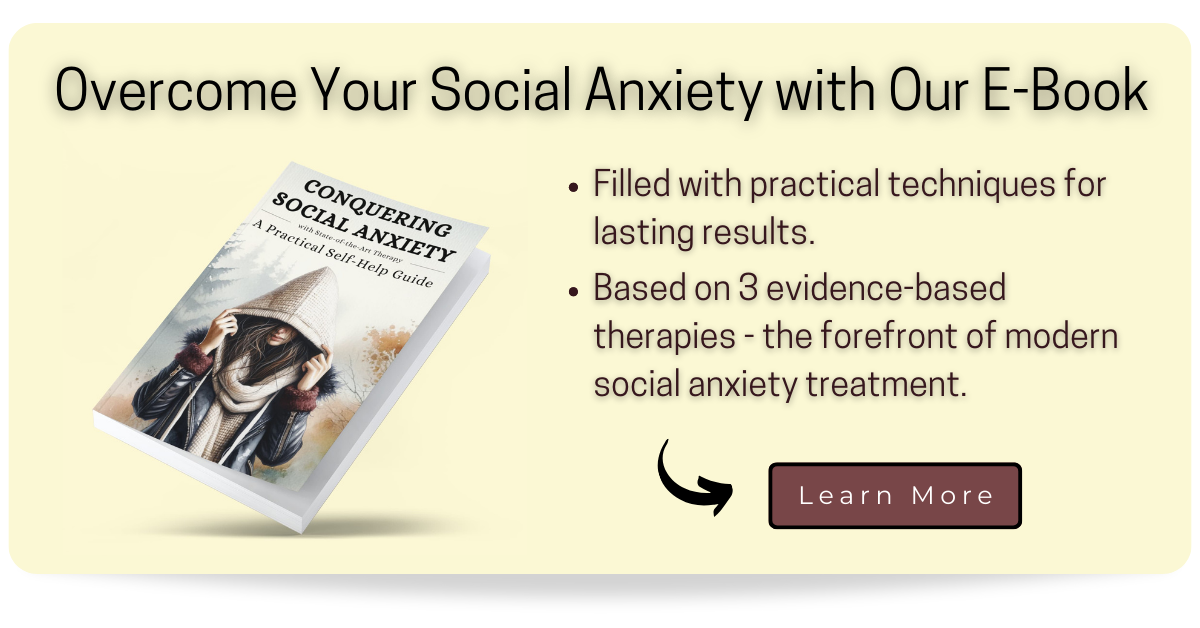
Stand-Alone vs. Adjunct Treatment
Group therapy can be used as a stand-alone treatment for social anxiety, but it can also be an effective adjunct to individual therapy.
The choice between the two often depends on the severity of the symptoms, the individual’s comfort level with group settings, and other personal factors.

C. Why Choose Group Therapy for Social Anxiety?
Group therapy offers a unique set of benefits that can be especially advantageous for individuals with social anxiety. Here’s why:
Emotional Support from Peers
One of the most significant advantages of group therapy is the emotional support that comes from being around others who are going through similar struggles.
This sense of community can be incredibly validating and can help individuals feel less isolated.
Opportunity for Social Interaction
For those with social anxiety, the very thing that causes distress – social interaction – can also be part of the cure.
Group therapy provides a safe and controlled environment for social interaction, allowing individuals to practice their social skills without the fear of judgment.

Learning from Others’ Experiences
Group therapy offers the chance to learn from the experiences and coping strategies of others.
Hearing how someone else successfully navigated a social situation that you find challenging can be both enlightening and empowering.
Skill-Building for Social Interactions
Many group therapy approaches, such as Social Skills Training and CBT, include exercises aimed at building social skills.
These can range from learning how to initiate conversations to understanding non-verbal cues.

Emotional Regulation Techniques
Methods like Mindfulness-Based Stress Reduction teach emotional regulation techniques that can help individuals manage their anxiety more effectively.
Learning these skills in a group setting can also provide additional motivation and reinforcement.

D. Scientific Findings on Effectiveness
The effectiveness of group therapy for social anxiety is not just anecdotal; it’s backed by scientific research. Here are some key findings:
General Effectiveness
Both Cognitive Behavioral Group Therapy and the group format of Mindfulness-Based Stress Reduction have been found to be effective treatments for generalized social anxiety disorder (Goldin et al., 2016).

Short-Term and Long-Term Benefits
A cognitive-behavioral group therapy program consisting of 12 sessions was found to be significantly effective in reducing social phobia symptoms, anxiety, depression, and improving self-esteem in the short term (Camart et al., 2006).
Another study found that the benefits of group cognitive behavioral therapy were not just immediate but also long-lasting (McCarthy et al., 2013).
Comparable to Other Treatments
A meta-analysis incorporating data from 36 randomized-controlled trials found that group therapy for social anxiety stands on par with individual psychotherapy or pharmacotherapy in terms of efficacy (Barkowski et al., 2020).

E. How Does Group Therapy Work?
Understanding the structure and dynamics of group therapy can help demystify the process and make it more approachable for those considering this treatment option. Here’s what you can generally expect:
Typical Structure of a Group Therapy Session
Group therapy sessions usually last between 60 to 90 minutes and consist of 5 to 15 participants, along with one or more trained therapists.

The session often starts with a check-in, where each member shares their current emotional state or any significant events since the last meeting.
This is followed by a discussion or activity led by the therapist, and the session usually ends with a wrap-up and homework assignments for the next meeting.
Role of the Therapist
The therapist serves as a facilitator, guiding the discussion and ensuring that the group remains a safe and respectful space for all participants.

They may introduce topics, lead exercises, or provide feedback, but much of the therapeutic value comes from the interactions among group members.
Group Dynamics and Cohesion
Group cohesion, or the sense of solidarity among group members, is an important factor in the effectiveness of group therapy.
Therapists often use techniques to foster this cohesion, such as ice-breaker activities or group exercises.
A study has shown that changes in group cohesion are related to social anxiety symptom reduction (Taube-Schiff et al., 2007).

F. Duration and Frequency
When considering group therapy as a treatment option for social anxiety, it’s important to understand the commitment involved in terms of time and frequency. Here’s what you can generally expect:
Typical Length of a Group Therapy Program
The length of a group therapy program can vary depending on the approach and the specific needs of the participants.
However, many programs consist of a set number of sessions, often ranging from 8 to 12 weeks.
Some approaches, like CBT, may have a more structured timeline, while others, like psychodynamic group therapy, may be more open-ended.

Frequency of Sessions
Sessions usually occur once a week, although some intensive programs may meet more frequently. Again, each session typically lasts between 60 to 90 minutes.
Importance of Consistent Attendance
Consistent attendance is crucial for the effectiveness of group therapy.
Missing sessions can disrupt not only your own progress but also the group’s dynamics and cohesion. Therefore, it’s important to commit to the full duration of the program whenever possible.

G. Strengths of Group Therapy
Like any treatment option, group therapy comes with its own set of benefits and limitations. Understanding these can help you make an informed decision about whether this approach is right for you.
Cost-Effectiveness
Group therapy is often more affordable than individual therapy, making it a more accessible option for many people.
Peer Support
The support from peers who are going through similar struggles can be incredibly validating and can help individuals feel less isolated.
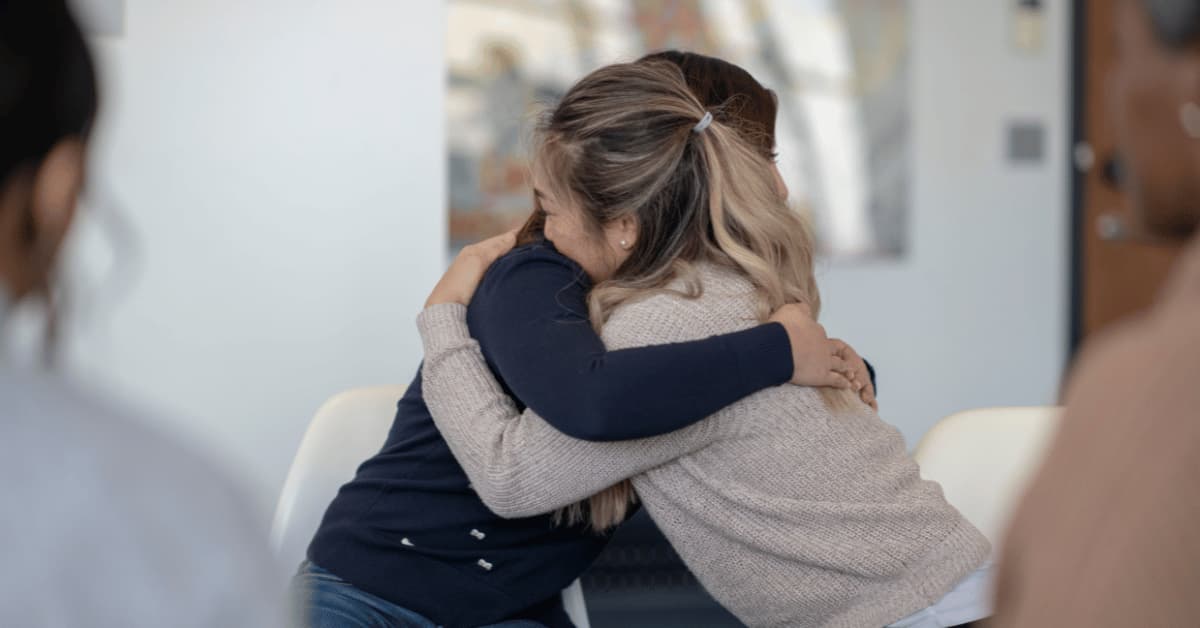
Skill-Building
Many group therapy approaches focus on building social skills and emotional regulation techniques, which can be particularly beneficial for those with social anxiety.
Multiple Perspectives
Group therapy offers the opportunity to gain insights from multiple people, rather than just the therapist, which can provide a more well-rounded understanding of your issues.

H. Insurance Coverage
Navigating the financial aspects of mental health treatment can be challenging. Understanding how insurance coverage works in your country can make the process easier.
Here’s what you generally need to know about insurance and group therapy:
General Coverage
Many insurance plans around the world offer some level of coverage for group therapy. However, the extent of this coverage can vary. It’s essential to consult your insurance provider to understand what treatments are covered.

In-Network vs. Out-of-Network
Most insurance plans have a list of approved providers, which are usually covered at a higher rate than non-approved providers.
Make sure to check whether the group therapy program you’re interested in is approved by your insurance to maximize your benefits.
Pre-Authorization Requirements
Some insurance plans may require prior approval before you can start group therapy. This often involves a referral from a healthcare provider.
Co-Pays and Deductibles
Even if your insurance covers group therapy, you may still be responsible for additional costs like co-pays or deductibles. These costs can add up, so budgeting is important.

Country-Specific Information
United States
In the U.S., you may encounter terms like “CPT codes” when dealing with insurance. These codes specify the types of treatments covered and are important for billing purposes.
Australia
In Australia, the Medicare Benefits Schedule (MBS) often covers psychological treatments, including group therapy, but a referral from a General Practitioner (GP) is usually required.
Canada
In Canada, provincial healthcare plans may cover group therapy, but additional private insurance can offer more extensive coverage.
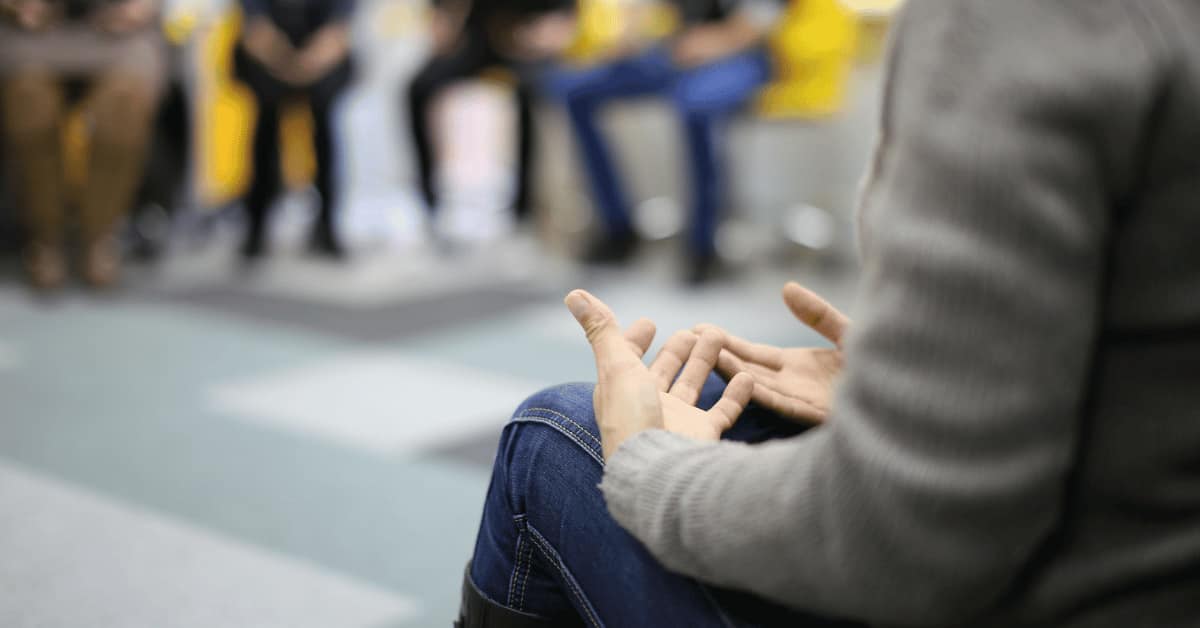
United Kingdom
In the UK, the National Health Service (NHS) provides some level of coverage for group therapy, especially if referred by a General Practitioner (GP).
Other Countries
For those residing in countries not mentioned here, the insurance landscape may have similarities to the ones described. It’s crucial to consult your local insurance provider for specific information on coverage for group therapy.

I. Finding a Group Therapy Program
Choosing the right group therapy program is a crucial step in your journey toward managing social anxiety. Here are some tips to guide you in making an informed decision:
Research Different Approaches
As discussed earlier, there are various approaches to group therapy for social anxiety, such as CBT, PDT, SST, and more.
Research these methods to determine which one aligns best with your needs and preferences.
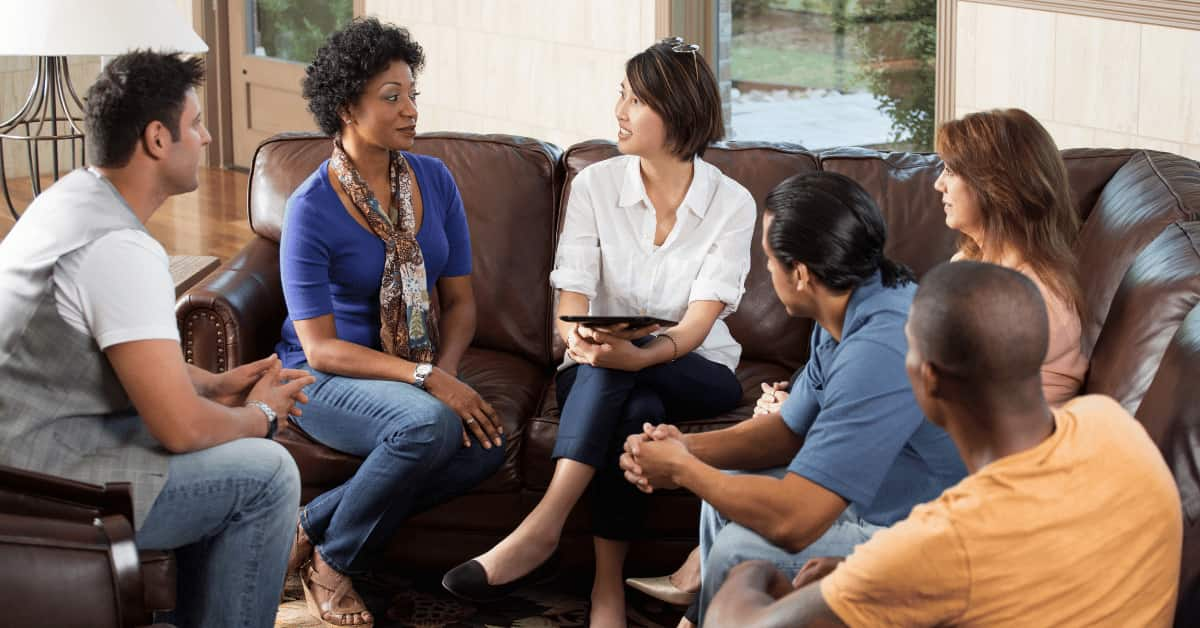
Consult Your Healthcare Provider
Your primary care physician or mental health specialist can often provide recommendations for reputable group therapy programs.
Online Directories
Websites of professional organizations like the American Psychological Association (APA) often have directories that can help you find certified therapists and group therapy programs in your area.
Questions to Ask Before Joining
Before committing to a program, consider asking the following questions:
- What is the approach or methodology used in the group therapy sessions?
- How many participants are typically in each group?
- What is the duration and frequency of the sessions?
- Are the therapists licensed and experienced in treating social anxiety?
- What is the cost, and is it covered by insurance?
By taking the time to research and ask questions, you can find a group therapy program that is well-suited to your needs and circumstances.

J. Tips for Success in Group Therapy
Embarking on a group therapy journey can be both exciting and nerve-wracking, especially for those dealing with social anxiety.
Here are some tips to help you make the most out of your group therapy experience:
Be Open but Don’t Rush
While it’s beneficial to share your thoughts and feelings, don’t feel pressured to disclose everything in the first session. Take your time to become comfortable with the group.
Engage in Active Listening
Listening to others can be as therapeutic as speaking. Active listening can help you gain insights into your own situation and build empathy for others.
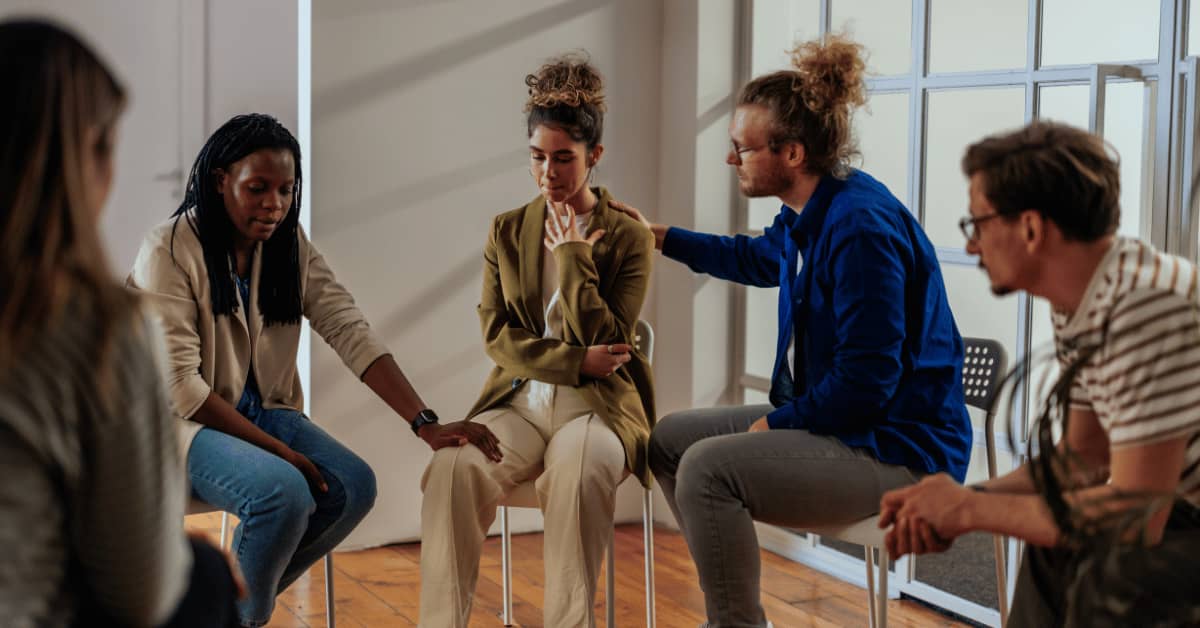
Do the Homework
Many group therapy approaches, like CBT, involve homework assignments. Completing these can help reinforce what you’ve learned during sessions and contribute to your progress.
Respect Confidentiality
What’s shared in the group should stay in the group. Respecting confidentiality builds trust and creates a safe space for everyone.
Communicate with the Therapist
If you have concerns or questions, don’t hesitate to speak with the therapist privately. They can provide additional guidance and help you navigate group dynamics.

Attend Regularly
Consistency is key to the success of group therapy. Try to attend all sessions to maintain the group’s cohesiveness and to maximize your own therapeutic experience.
By following these tips, you can enhance the effectiveness of your group therapy experience and make meaningful strides in managing your social anxiety.
K. Conclusion
Social anxiety is a debilitating condition that affects millions of people, but effective treatment options are available.
Group therapy stands out as a particularly beneficial approach, offering emotional support, opportunities for social interaction, and a variety of methodologies to suit individual needs.
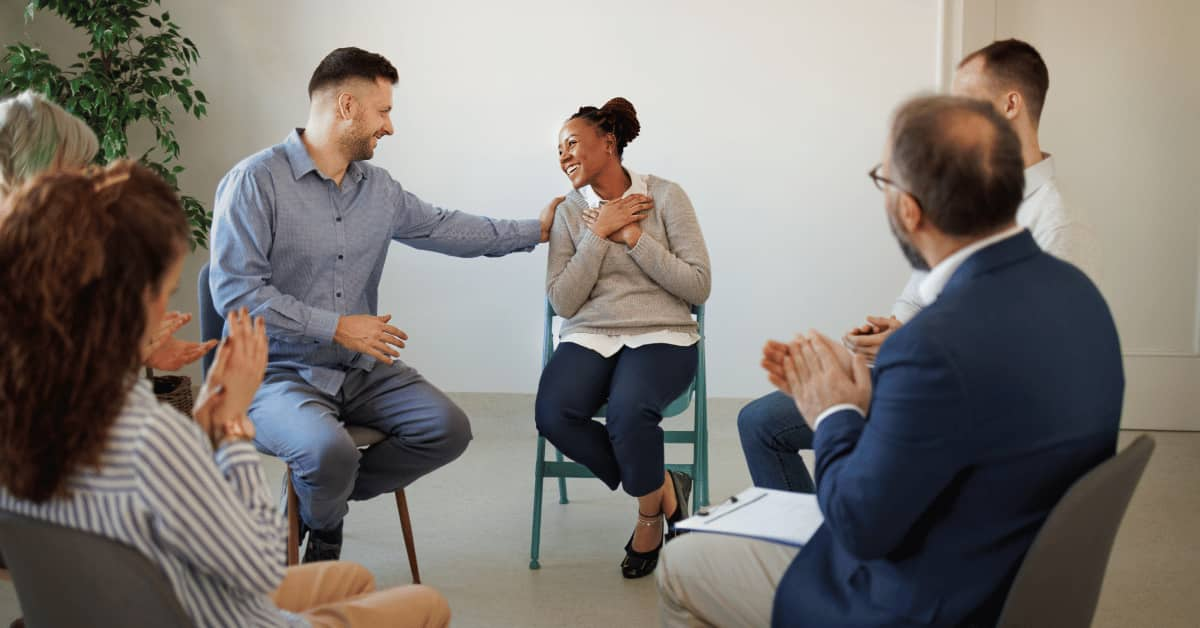
Whether used as a stand-alone treatment or as an adjunct to individual therapy, group therapy has been scientifically proven to be effective in treating social anxiety.
Understanding the structure, duration, and financial aspects of group therapy can help you make an informed decision about this treatment option.
While it comes with its own set of benefits and limitations, the collective experience of group therapy offers a unique and powerful way to tackle the challenges of social anxiety.
If you’re struggling with social anxiety, consider giving group therapy a try. It could be the supportive community and skill-building environment you need to manage your symptoms and improve your quality of life.

If you’re eager to embark on a journey of exploration through diverse therapeutic avenues to address social anxiety, we invite you to discover our complete therapy guide by clicking right here.
Furthermore, if you’re seeking a comprehensive overview that spans therapy, medication, and self-help approaches, you’re welcome to dive into our in-depth guide available here.
In addition, we have created a comprehensive guide to pharmacotherapy for social phobia. If you are interested in medication approaches, just click here.
Still have lingering questions? Take a step toward clarity and empowerment by enrolling in our Free 7-day Email Course. We’re dedicated to being your guide on this journey of understanding and growth.

American Psychiatric Association. (2013). Diagnostic and statistical manual of mental disorders (5th ed.). https://doi.org/10.1176/appi.books.9780890425596
Barkowski, S., Schwartze, D., Strauss, B., Burlingame, G. M., & Rosendahl, J. (2020). Efficacy of group psychotherapy for anxiety disorders: A systematic review and meta-analysis. Psychotherapy Research, 1–18. doi:10.1080/10503307.2020.1729440
Camart, N., André, C., Trybou, V., & Bourdel, M. C. (2006). Evaluation des effets à court terme d’une thérapie cognitivo-comportementale de groupe dans la phobie sociale: résultats auprès de soixante patients [Short-term effects of a cognitive-behavioural group therapy in social phobia: evaluation of sixty patients]. L’Encephale, 32(6 Pt 1), 1011–1018. https://doi.org/10.1016/s0013-7006(06)76281-9
Goldin, P. R., Morrison, A., Jazaieri, H., Brozovich, F., Heimberg, R., & Gross, J. J. (2016). Group CBT versus MBSR for social anxiety disorder: A randomized controlled trial. Journal of consulting and clinical psychology, 84(5), 427–437. https://doi.org/10.1037/ccp0000092
Jefferies, P., & Ungar, M. (2020). Social anxiety in young people: A prevalence study in seven countries. PloS one, 15(9), e0239133. https://doi.org/10.1371/journal.pone.0239133
Kessler, R. C., Berglund, P., Demler, O., Jin, R., Merikangas, K. R., & Walters, E. E. (2005). Lifetime prevalence and age-of-onset distributions of DSM-IV disorders in the National Comorbidity Survey Replication. Archives of general psychiatry, 62(6), 593–602. https://doi.org/10.1001/archpsyc.62.6.593
McCarthy, O., Hevey, D., Brogan, A., & Kelly, B. (2013). Effectiveness of a cognitive behavioural group therapy (CBGT) for social anxiety disorder: Immediate and long-term benefits. The Cognitive Behaviour Therapist, 6, E5. doi:10.1017/S1754470X13000111
Taube-Schiff, M., Suvak, M. K., Antony, M. M., Bieling, P. J., & McCabe, R. E. (2007). Group cohesion in cognitive-behavioral group therapy for social phobia. Behaviour research and therapy, 45(4), 687–698. https://doi.org/10.1016/j.brat.2006.06.004
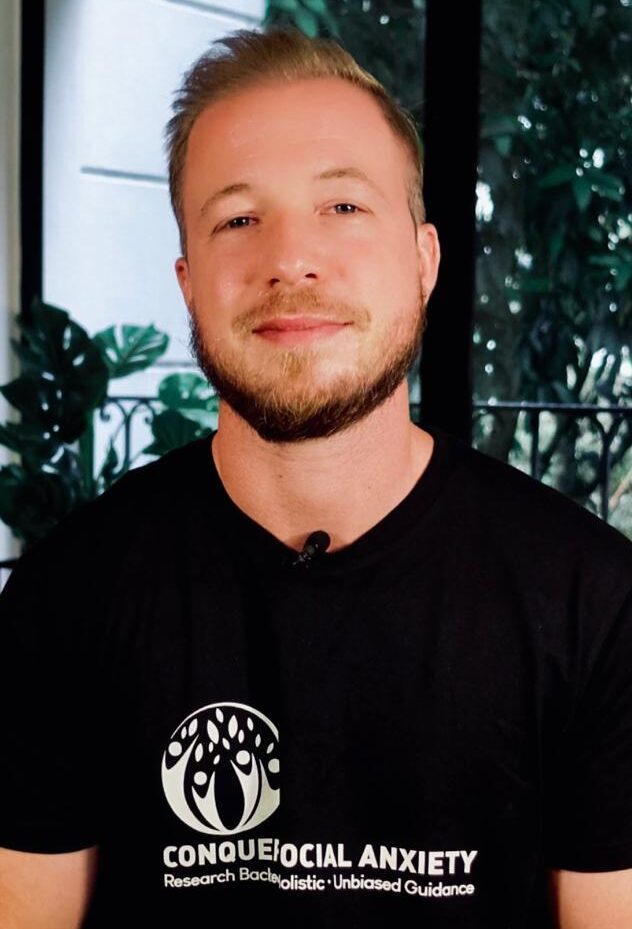
About the Author: Martin Stork
Martin is a professional psychologist with a background in physical therapy. He has organized and led various support groups for people with social anxiety in Washington, DC and Buenos Aires, Argentina. He is the founder of Conquer Social Anxiety Ltd, where he operates as a writer, therapist and director. You can click here to find out more about Martin.







